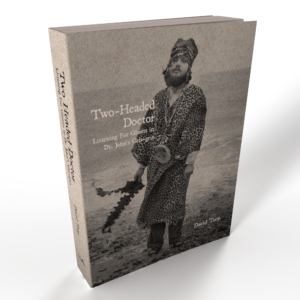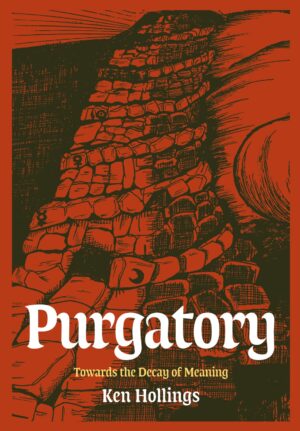from Adi Tantimedh
IZO
Basically, this is Miike doing late period Godard.
First some background: Izo (film website) was a real samurai who was used as an assassin by an ambitious young lord to rid himself of rivals in his bid for power in the government in 19th Century Japan. When he became a liability, Izo was imprisoned and sentenced to death by Crucifixion. This story was played straight in a samurai flick in the 1960s called HITAKIRI (aka TENCHU, which roughly means “punishment”) directed by samurai auteur Gosha Hideo and produced by original ZATOICHI star Katsu Shintaro, who also played Izo. A young Yukio Mishima also played a doomed samurai, and it was rumoured that his estate has suppressed this film from being shown after his death in order to preserve Mishima’s status as a god-like literary figure as opposed to a working actor on top of his career as a renowned author. (I saw it on a bootleg DVD last year before I knew about Miike’s film.)
Miike’s IZO could be said to be a completely whacked-out sequel to HITAKIRI, but that’s just for starters. It barely has a plot as it follows Izo after his execution, now resurrected as a spirit of nihilistic, murderous revenge moving through Time and Space killing Everything, especially all the symbols of spiritual and political authority. That bare-bones premise lets Miike make this movie many other things as well. It’s a deconstruction and spoof of the Samurai and Japanese action movie genres. It’s a punk-anarchist attack on government and how it uses power, control and lies to keep the people down as the undead Izo makes his way toward the mythical version of the Japanese government headed by “Beat” Takeshi Kitano in an extended cameo. It’s a nonlinear cinema-essay on the male destructive urge, endless and unquenchable from a starting point of spiritual questioning. It’s a Buddhist treatise on Endless Suffering in a vision of Hell. It’s also like a videogame where the main character moves from one scenario to the next hacking and slashing his way through various adversaries like a First Person Slasher game, stopping for the odd interlude like encountering the Mother Goddess who gave birth to all living things and having wild sex with her. It even obeys the universal rule that “all movies would be improved if somewhere in the story, VAMPIRES ATTACKED!” by having Izo attacked by two vampires masquerading as real estate agents in cheap polyester suits.
That’s right, real estate agents.
Since the story takes place outside Time and Space, all Time and Space can pop up in the story. Thus, Izo can fight a squadron of Special Forces troops with body armour and machine guns in a medieval village on one hand, and be confronted with a cadre of medieval constables in modern-day Tokyo. He’ll encounter zombie soldiers from WWII in one sequence, then mythical samurai guardians of temples in another, then 21st Century Yukuza with baseball bats and handguns in the next, hacking and slashing his way through all of them because he’s unstoppable. He’s unstoppable because he’s Rage, he’s Revenge, he’s Irrationality, and he’s the Contradiction to All Things. And all the while, he’s quietly stalked by a sad-eyed woman who may be the anima to his animus, who may be a part of his fractured soul, and who may or may not offer some kind of redemption or peace if he would take it…
As you might have guessed from the above, this is not a realistic movie at all. Its blatant disregard for basic narrative logic or continuity, hopping from the past to the present and back again and then mixing up people and details from different periods and even different movie genres, combining low pulp with high philosphy suggests the kind of movies late-period Godard makes, except Miike is coming from a Buddhist perspective instead of a Marxist one. Anyone who’s ever sat through a Godard film made after 1967 would have no trouble understanding this film.
In many ways, this is a kind of career and thematic summation for Miike. You get the feeling everything he knows about filmmaking is in this movie. The blood and gore, the absurd sense of humour, the influences from theatre, from Kabuki to agit-prop Brechtian alienation techniques like stilted dialogue that states the themes outright, the travelling troubadour in the simple suit who sings increasingly angry working class ballads to accompany Izo’s Path to Slaughter.
A lot of people hate this movie, a lot more are baffled by it. This is the most challenging, refreshing and maddening movie I’ve seen this year. I doubt anything is going to beat it.



